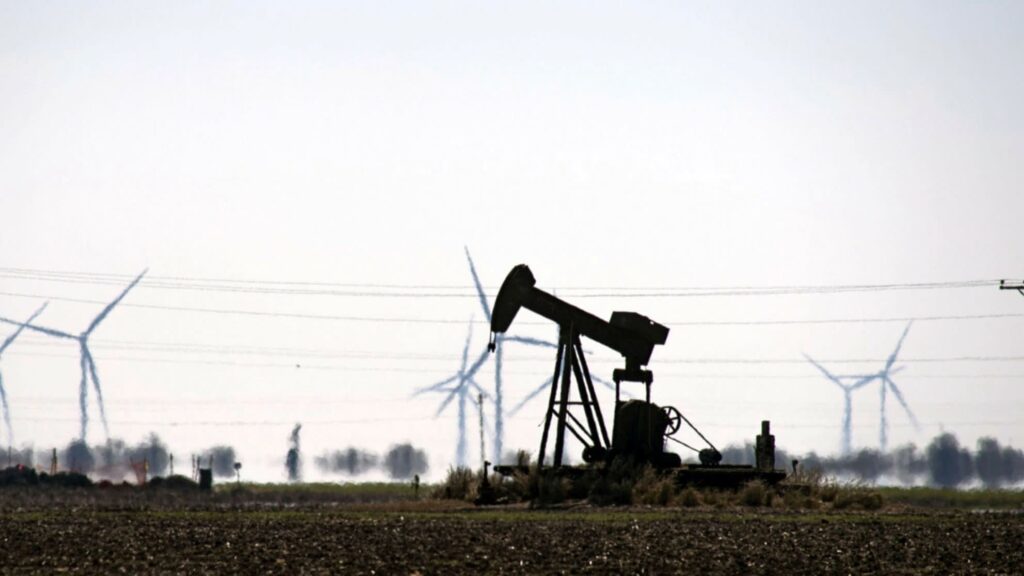Asset managers dismiss Biden’s methane clampdown as too lenient

Large investors including Wellington Management and Legal & General have criticised US president Joe Biden’s crackdown on methane pollution for being too lenient on the oil and gas industry, as asset managers take a more vocal stance on climate policy.
The Environmental Protection Agency has put forward new regulations that would force producers to find and plug leaks of methane, a potent greenhouse gas, from their wells, storage tanks and other infrastructure.
The proposal is a pillar of the president’s pledge to halve US greenhouse emissions by the end of the decade from 2005 levels. The regulatory measure has gained importance as the bulk of Biden’s legislative climate agenda has stalled.
But in public comment filed before a deadline this week, the draft methane rule came under fire from both environmental groups and investors. They urged the EPA to remove an exemption from regular inspections for small oil and natural gas wells that account for almost half the sector’s methane leaks.
“We firmly believe that the proposed rule, which exempts nearly 40 per cent of active wells in the US from regular monitoring, does not go far enough in requiring oil and gas companies to take responsibility for the methane pollution from their assets,” wrote Mary Pryshlak, head of investment research at Wellington, with more than $1tn in assets under management.
In separate submissions, investors including Legal & General Investment Management America, NEI Investments and the Harvard Management Company, which oversees the university’s $53bn endowment, all called on the EPA to take a harder line against smaller oil and gas operations.
The comments underline the pressures on asset managers to reduce emissions in their portfolios. Wellington, LGIM and NEI are among the 220 signatories to the Net Zero Asset Managers Initiative, which targets net zero emissions by 2050.
Tackling methane emissions is seen as critical to limiting global warming, as it has 80 times the warming potential of carbon dioxide over a 20-year period. The EPA has estimated that its proposals would cut methane emissions by 41mn tonnes from 2023 to 2035, the equivalent of 920mn tonnes of carbon dioxide — more than total emissions from all US passenger cars and commercial aircraft in 2019.
But the proposed rules exclude oil and gas wells that emit less than three tonnes a year of methane from regular inspections. According to the Environmental Defense Fund, this would leave as much as 69 per cent of wells and 43 per cent of fugitive emissions outside the scope of proper regulation.
Some in the oil industry argue that smaller wells individually emit insignificant amounts of methane and that monitoring requirements would put some producers out of business.
“In the simplest terms, the economic margins on these small wells are very tight. And so if you’re going to make them do an expensive [leak detection and repair] programme, you’re pushing the economic viability of small wells,” said Lee Fuller, executive vice-president of the Independent Petroleum Association of America.
Jamie Bonham, director of corporate engagement at NEI Investments, a Canadian asset manager with C$11bn under management, said that writing comprehensive regulations was a question of “levelling the playing field” so that companies which were making an effort to cut emissions were not disadvantaged.
“We own oil and gas companies, we’re not just trying to squish the industry,” he told the Financial Times. “And I think there’s an uneven distribution of who’s pulling their weight on this front.”
The EPA said that it would consider all comments it had received as it develops a supplemental proposal. A final methane rule is expected by the end of the year.